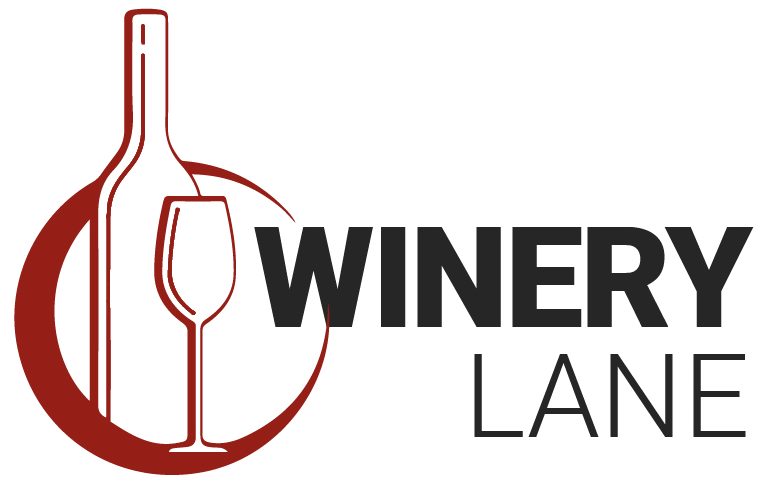In the heart of California’s renowned wine country, Lodi vintners are facing growing apprehension as the region experiences prolonged warm weather conditions. The unrelenting heat is raising concerns among grape growers and winemakers alike, with fears that the quality and quantity of this year’s harvest may be adversely affected. This situation highlights the challenges that climate change poses to the delicate balance required for successful wine production.
The Impact of Prolonged Warm Weather:
Lodi, nestled in the Central Valley, is no stranger to warm temperatures, but the persistence of high temperatures is causing anxiety among vintners. Grapes thrive under specific climatic conditions, and prolonged warmth can disrupt the delicate ripening process. Extended periods of heat can lead to accelerated sugar accumulation, resulting in unbalanced wines with high alcohol levels and reduced acidity – characteristics that are less desirable in the world of winemaking.
Moreover, heat stress on the grapevines can impact the overall health of the plants, making them more susceptible to diseases and pests. This vulnerability could translate into increased production costs as vintners may need to invest more in pest control and disease management measures.
Water Scarcity Concerns:
In addition to elevated temperatures, water scarcity is another significant challenge facing Lodi vintners. California has been grappling with drought conditions, and the reduced availability of water for irrigation adds a layer of complexity to the situation. Grapevines require a carefully controlled balance of water to ensure optimal grape development, and the shortage of water resources may compromise the quality of the fruit.
Adaptation Strategies:
Lodi vintners are not sitting idly by in the face of these challenges. Many are implementing adaptive strategies to mitigate the impact of the warm weather on their crops. These strategies include the use of advanced irrigation techniques, canopy management practices, and the exploration of grape varieties that are better suited to warmer climates.
Collaboration within the wine community is also proving essential, as vintners share insights and best practices to navigate the changing climate. Some are turning to sustainable and organic farming practices, not only as a response to climate challenges but also as a commitment to environmental stewardship.
The Role of Technology:
Advancements in technology are playing a crucial role in helping vintners monitor and manage the impact of warm weather on their crops. From precision agriculture tools that optimize irrigation to weather forecasting systems that provide early warnings of extreme conditions, technology is empowering vintners to make informed decisions and adapt to the evolving climate.
As Lodi vintners grapple with the ramifications of prolonged warm weather and water scarcity, the challenges posed by climate change are becoming increasingly apparent. The wine industry’s resilience is being tested, and vintners are responding with a combination of traditional wisdom, innovation, and collaboration. The hope is that these efforts will not only safeguard the current harvest but also pave the way for a sustainable and vibrant future for Lodi’s wine community in the face of a changing climate.




